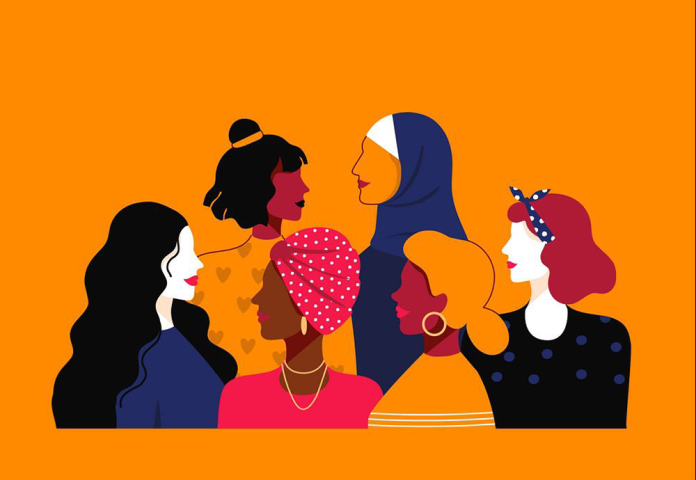In the context of Pakistan, the journey towards gender equality in the workplace is marked by inspiring stories of women breaking barriers and organizations championing change. Pakistani society is witnessing a paradigm shift as women shatter stereotypes, challenge norms, and ascend to leadership roles. This article explores the initiatives undertaken by Pakistani organizations to empower women, fostering a culture of diversity, inclusion, and innovation.
Breaking Barriers in Pakistan
Pakistani women are defying traditional norms and venturing into fields that were once considered off-limits. From technology to healthcare, from academia to entrepreneurship, women are making their mark. Organizations are acknowledging their potential and providing platforms for their growth. Initiatives like mentorship programs, leadership training, and skill development workshops are paving the way for women to excel in diverse sectors.
Pioneering Organizations
Several Pakistani organizations have taken remarkable steps towards women’s empowerment:
- Aurat Foundation: This organization has been at the forefront of women’s rights in Pakistan. It has initiated projects that focus on women’s economic empowerment, education, and political participation. Through vocational training and microfinance programs, they empower women to become financially independent.
- Engro Corporation: Engro is committed to promoting gender diversity in the corporate world. They have launched initiatives like the ‘Engro Elaj Clinic,’ which provides healthcare services to rural communities, and the ‘Engro Foundation Scholarship Program,’ which supports education for girls from marginalized backgrounds.
- TechKar: In the tech industry, TechKar is empowering young women by providing them with coding and programming skills. Through workshops and training, aims to bridge the gender gap in the technology sector and equip women with the tools to excel in this field.
- Khaadi’s Women Empowerment Program: The renowned clothing brand Khaadi has launched a program that trains and employs women from rural areas. By teaching them skills related to embroidery and craftsmanship, which empowers these women to contribute to their households and gain financial independence.
- Rozan: This non-profit organization focuses on women’s emotional and psychological well-being. Through awareness campaigns, workshops, and counseling services, Rozan addresses issues such as gender-based violence, mental health, and self-empowerment.
- TPL Women Leader Award: TPL Corp has established the biannual TPL Women Leader Award to recognize women’s efforts towards the company. This award celebrates their achievements and contributions, further motivating women to excel in leadership roles within the organization.
TPL Corp, through its responsible business practices and strategic partnerships, is contributing to the United Nations Sustainable Development Goals to achieve a better and more sustainable future. By aligning its operations with global goals, TPL Corp demonstrates its commitment to fostering positive societal change and addressing pressing challenges. Organizations like these continue to champion women’s empowerment and work towards achieving global sustainability goals, they become catalysts for positive change. By promoting gender equality and inclusivity, Pakistan can harness the full potential of its workforce and drive lasting social and economic progress. The journey towards workplace equality is not just a local endeavor but a global pursuit that promises a more just, prosperous, and harmonious world.
Impact on Society and Economy
These initiatives not only benefit women individually but also contribute to societal progress and economic growth. When women are economically empowered, they invest in their families’ education, health, and overall well-being. This creates a ripple effect that uplifts communities and drives positive change.
Women’s increased participation in the workforce also results in diversified perspectives and innovative approaches, enhancing an organization’s overall performance. It leads to a more equitable distribution of resources and opportunities, which in turn boosts productivity and economic development.
Challenges and the Way Forward
While progress is evident, challenges remain. Deep-seated patriarchal norms and systemic barriers still pose hurdles to women’s empowerment. Organizations, government bodies, and civil society must collaborate to overcome these challenges. By implementing policies that ensure equal opportunities, promoting gender-sensitive workplaces, and advocating for women’s rights, Pakistan can continue its journey toward workplace equality.
This transformation requires concerted efforts at various levels. Educational institutions play a pivotal role in instilling a sense of confidence and ambition in young girls, enabling them to pursue any career path they choose. At the same time, companies should establish mentorship programs, flexible work arrangements, and family-friendly policies that accommodate the needs of both men and women.


